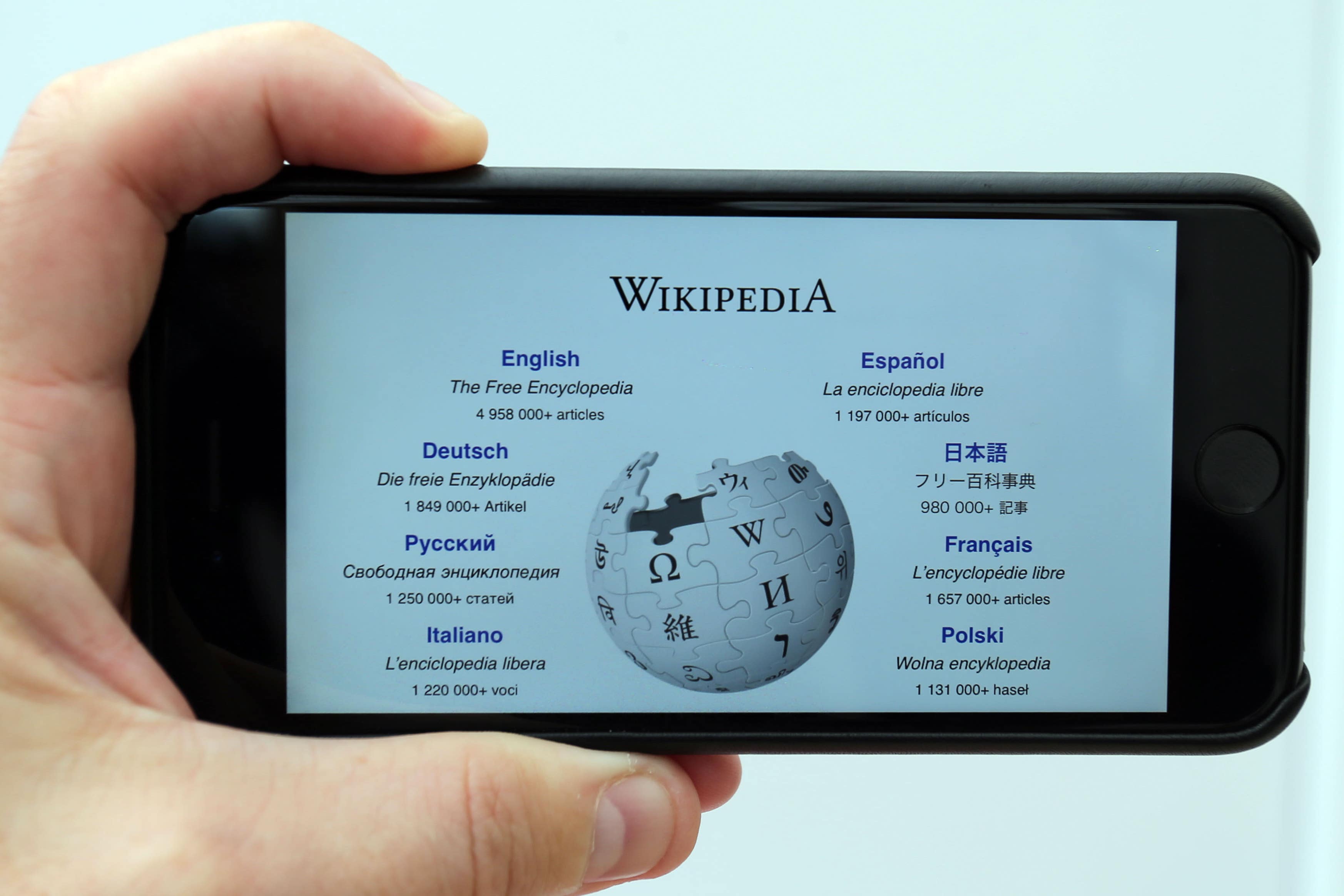Wikipedia has lost its High Court challenge against the UK Government over Online Safety Act verification rules.
The non-profit Wikimedia Foundation (WMF), along with an anonymous editor (BLN), sought to exempt the platform from regulations introduced in March.
They argued that compliance would force the online encyclopaedia to impose verification on unwilling users or limit its UK user base.
However, in a Monday judgment, Mr Justice Johnson rejected those claims, suggesting ways to operate within the law "without causing undue damage to Wikipedia’s operations".
The Online Safety Act includes provisions aimed at reducing harmful content.
Part of the regulations classify some sites as category one, which is defined by the number of monthly users a site has, as well as the systems through which information is shared.

Rupert Paines, for WMF, told a previous hearing that the Department for Science, Innovation and Technology, which was defending the claim, had made the regulations too broad.
He said that if Wikipedia is to be classified as category one, and verification is to become mandatory for all users, it would make articles “gibberish” because content from non-verified users would be filtered out.
The regulations were more designed for “major, profit-making technology companies” such as Facebook, X and Instagram, he argued, while imposing verification on Wikipedia users would be a breach of their human rights.
Cecilia Ivimy KC, for the government, said ministers reviewed Ofcom guidance and considered specifically whether Wikipedia should be exempt from the regulations and rejected that.
She said they decided that Wikipedia “is in principle an appropriate service on which to impose category one duties” and how ministers arrived at that choice was not “without reasonable foundation nor irrational”.
Rejecting WMF and BLN’s claims, Mr Justice Johnson said his decision “does not give Ofcom and the Secretary of State a green light to implement a regime that would significantly impede Wikipedia’s operations”.
Doing so would mean the government would have to justify the imposition as proportionate, he added.
The judge also said that the decision to make Wikipedia a category one service now lies with Ofcom.
If that happens, it may open a possible avenue for further legal action.
“Ofcom’s decision as to which services fall within category one is a public law decision which is potentially amenable to the court’s review on grounds of public law error,” Mr Justice Johnson said.
Paul Hollywood appeals for information after brother attacked
Armenians and Azerbaijanis greet US-brokered peace deal with hope but also caution
Florida farm identified as source of raw milk that sickened 21
Council leader concerned protests could be ‘hijacked by agitators’
Paul Gallagher dropped from Oasis afterparty in Dublin ahead of court appearance
Walkers launches two surprise new crisp flavours for the first time in decades






